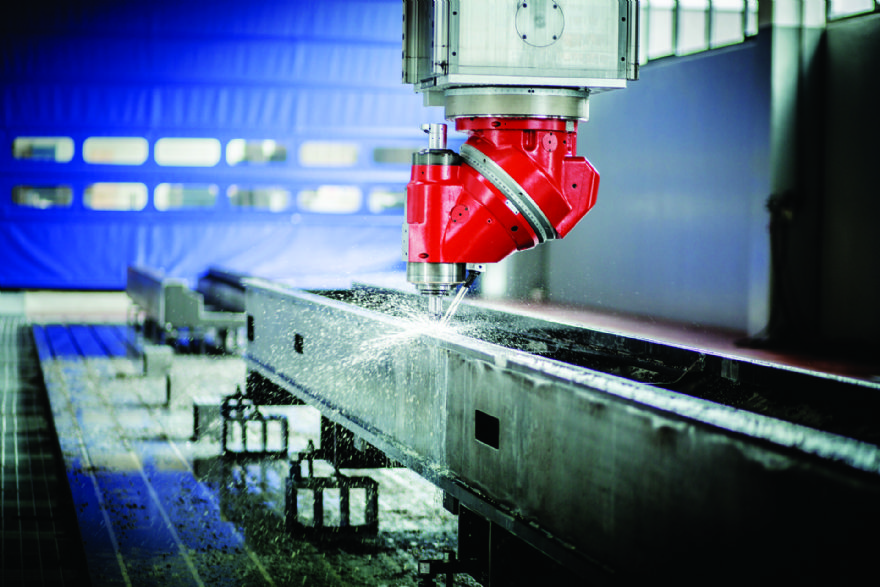
Manufacturing output volumes fell sharply in the three months to November, marking the fastest decline since August 2020, according to the latest
CBI Industrial Trends Survey. Looking ahead, manufacturers expect volumes to continue falling at a similar pace through February as order books remained historically weak in November, with total orders holding steady at subdued levels.
Meanwhile, export orders showed some improvement compared to last month, but still sit well below the long-run average — stock adequacy for finished goods increased, rising above its historical norm. Selling price inflation expectations eased during November, aligning with the long-term trend.
The survey, which gathered responses from 334 manufacturers, revealed that output volumes dropped significantly in the three months to November, with a weighted balance of -30%, down from -16% in the previous quarter. This represents the sharpest contraction since mid-2020. Manufacturers anticipate a similar decline over the next three months.
Output fell across 13 of 17 sub-sectors, led by food, drink and tobacco, chemicals, and mechanical engineering. Total order books were reported as below normal in November, at -37%, little changed from October’s -38%, and far beneath the long-run average of -14%. Export order books also remained weak, though improved slightly to -31% from -46% in October, still trailing the historical average of -19%.
Expectations for selling price inflation softened, dropping to +7% from +16% in October, now in line with the long-run average. Stocks of finished goods were reported as more than adequate, rising to +16% from +7% in October, marginally above the historical norm of +12%.
The CBI’s lead economist Ben Jones said: “Manufacturers face a challenging end to the year. What is striking in this month’s survey is how consistently firms link the slowdown to uncertainty ahead of the Budget, with customers delaying purchases and investment until they know what is coming.
“With the Budget now just days away, the Chancellor must provide much needed certainty and back the Government’s growth mission rhetoric with pro-business policies. For manufacturers, this must include accelerated support to address punitive energy costs and increased Growth and Skills Levy flexibility – interventions that would boost competitiveness, increase confidence, and unlock growth.”